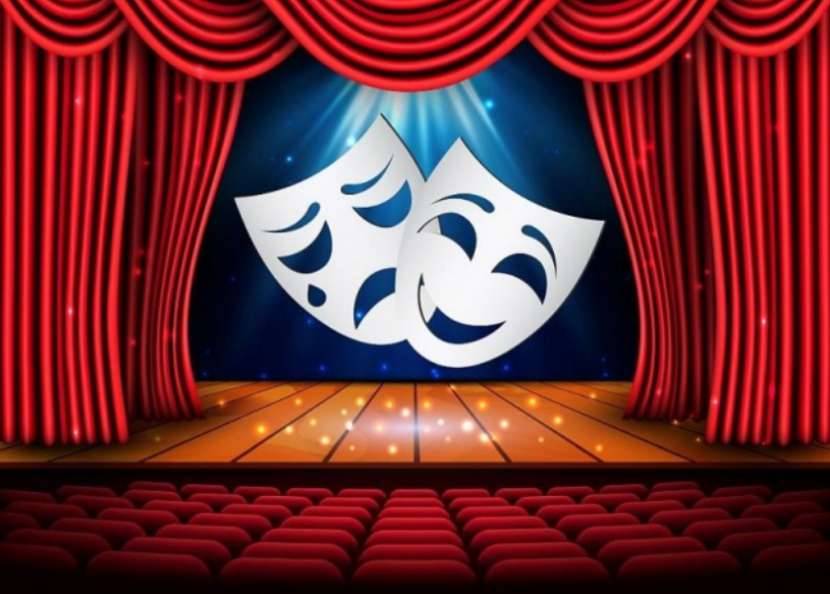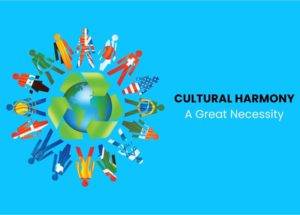Theatre Experience Today

Theatre is a collaborative form of fine art that uses live performers, typically actors or actresses, to present the experience of a real or imagined event before a live audience in a specific place, often a stage.
The origins of theatre can be traced back to Greece, according to Aristotle (384–322 BCE), the first theoretician of theatre. From there the concept of uses live performance travelled around the world first reaching the Romans and then we the history of the earliest-surviving fragments of Sanskrit drama date from the 1st century BCE in India. As theatre evolved with the Eastern theatrical traditions of China and Japan, the Post classical theatre in the west was something that actually changed the course of theatre for the years to follow. We have the traditional Types of theatre that spread from Drama to Musical theatre, Comedy to tragedy and improvisation. These were then sub-categorised by many modern theatre movements making to more relevant to the diverse world we live in. These sub-categories range from Broadway Theatre to Street Theatre, Community Theatre, Fringe theatre, etc.
We have established that theatre has been
around for thousands of years. The art form has developed and become a part of
our culture. Film has sprung up from theatre. So now with all this improvisation
in the mode of entertainment today, is theatre really relevant in a modern
world of technology?
First of all, the truth is that theatre
audiences are aging somewhat. But the fact remains that the theatrical
experience is unlike any that can be found on Netflix or in a video game. Theatre explores the human experience: the
positives and the negatives of our living existence. Going to a play is a chance for us to take this
all in, and hopefully, if we have a willing partner, to discuss it afterward.
Secondly, we can even look at a Shakespeare
play and find connections to anger, love, and hate, Although we cannot understand how Macbeth can
murder the king, we can understand the allure of power and prestige, and, of
course, the consequences that arise from greed and moral corruption. All of these elements still exist in our
world today!
Lastly, outside of entertaining us, theatre
often encourages us to think deeply and, perhaps, question our beliefs. Reasoning and contemplating other viewpoints
is important to our development as tolerant and loving individuals. Going to
the theatre provides for the opportunity to gather together and explore the
human condition. The experience is more authentic, organic, and real. You know
the actor in front of you is doing what they claim they are doing. You can feel
the emotion in a way that isn’t as palpable in film. The experience is just
more visceral.
There are many arguments in our world built on bias of Theatre Arts in our culture. There are many people who believe that theatre is important not only for our entertainment, but also to build up a culture in a quickly growing uncultured generation. Conversely, there are those who believe that theatre is not important because there are more immediate forms of entertainment. Looking past the opinions of each group, there are facts derived from studies and observation involved that thespians and other theatre supporters may base their ideas. In an experiment in 2011, results showed that the learning and problem solving skills, among other psychological capabilities, were greatly improved the longer the individuals being observed had been involved in theatre. The opinions of those opposed to theatre being important usually can be rooted back to a hatred, an apathy, a belief in the stereotypes, or a lack of knowledge of theatre.














